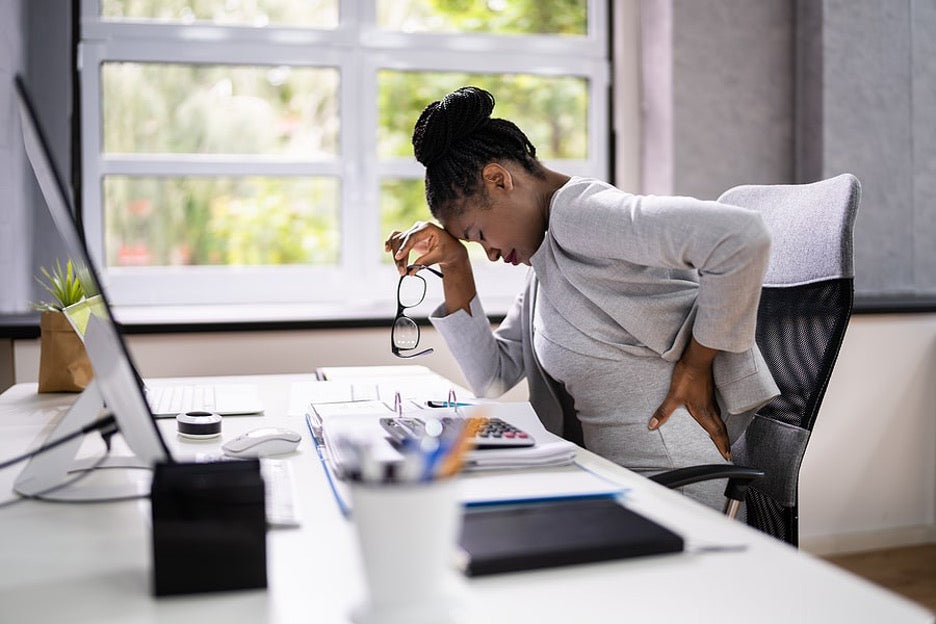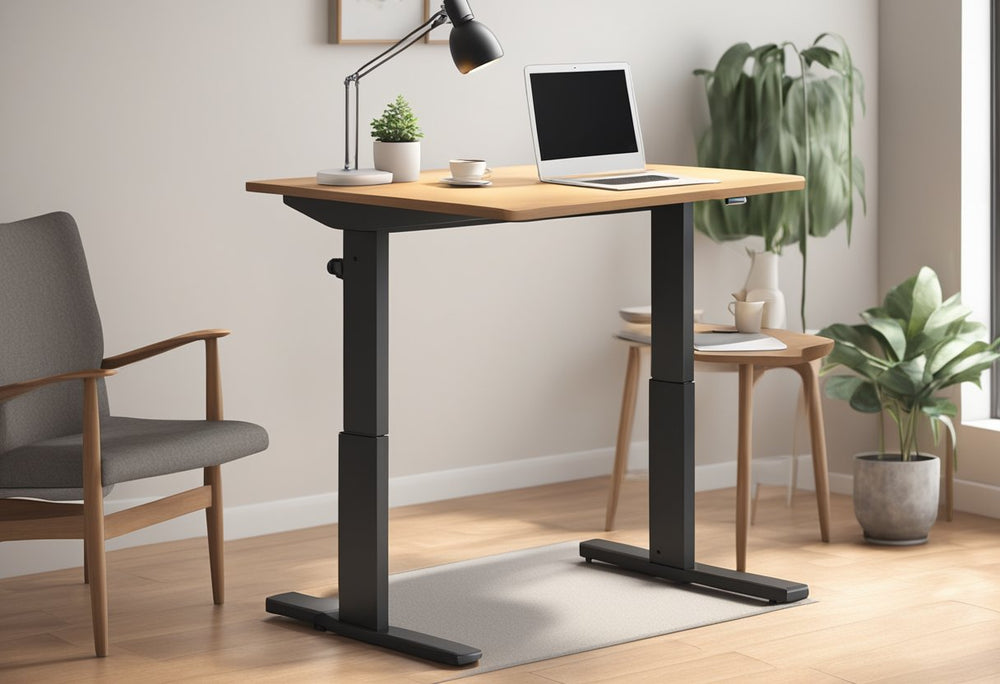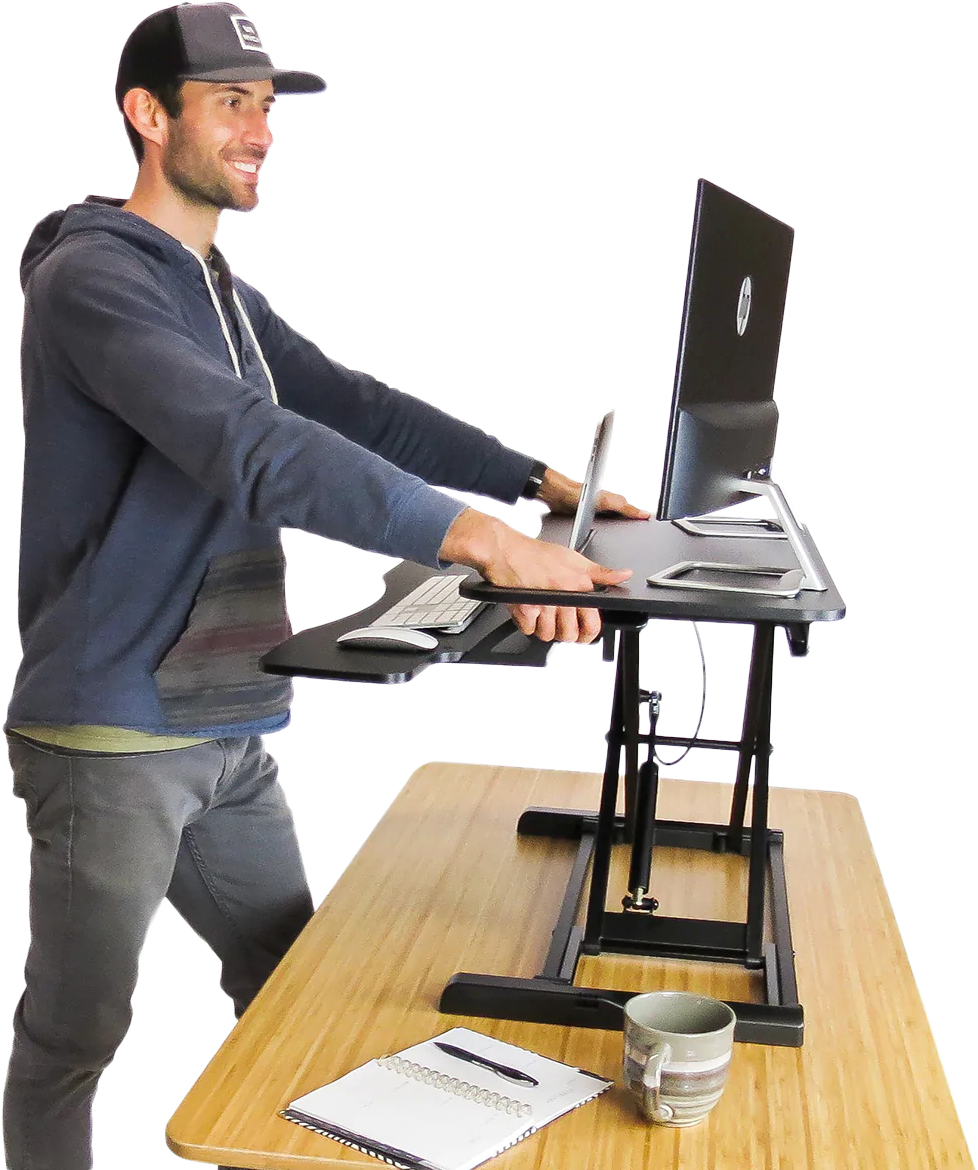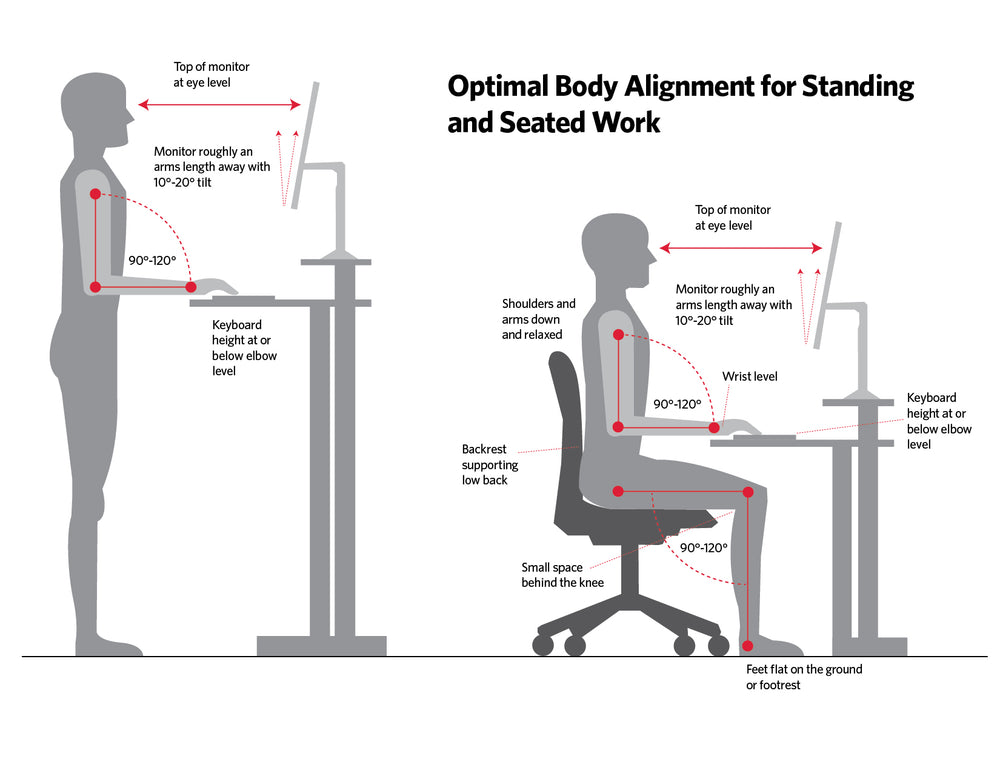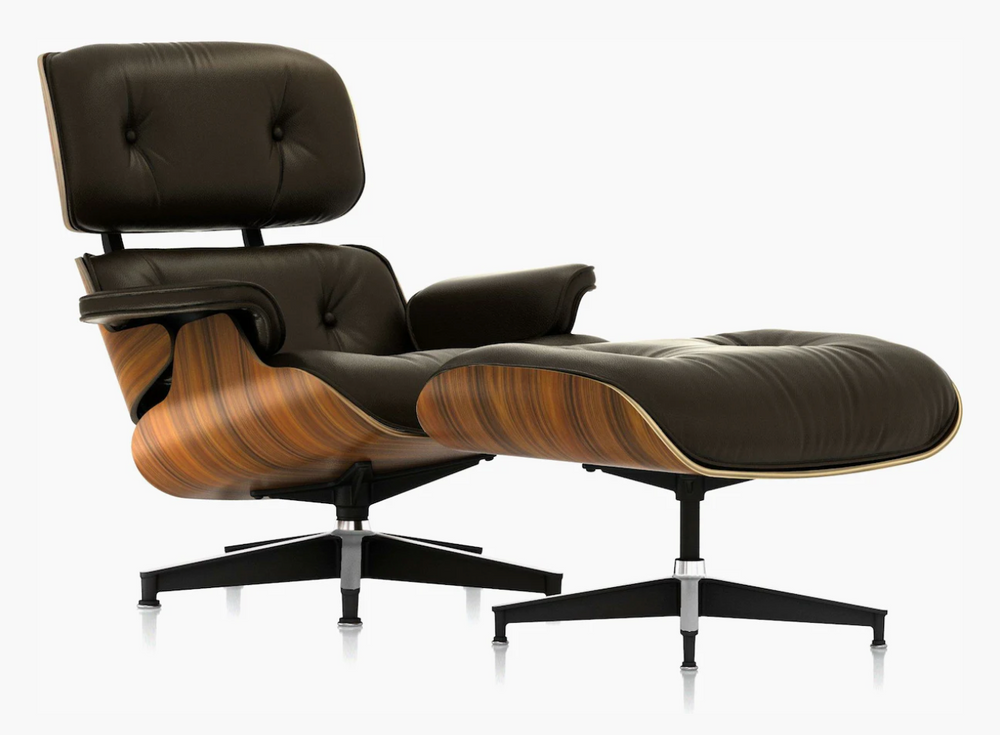Date: July 29, 2022
According to the Mayo Clinic, research has linked sitting for long periods of time with a number of health concerns, including obesity, higher blood pressure, excess body fat, high cholesterol and a variety of other negative effects.
In 41 studies done on the impact of sitting on your health, all 41 came to the same conclusion: sitting is associated with a rise in all-cause mortality, cardiovascular disease mortality, cardiovascular disease incidence, cancer mortality, cancer incidence and type 2 diabetes incidence.
In all studies, the lower the level of physical activity, the higher the risk of all of these diseases and incidences.
Most Americans now spend a large portion of their waking hours sitting at desks or at home watching TV.
This is a huge cultural shift from just a century ago when there were over 13 million farmer workers (out of a population of 106 million in the USA) and 80% of the workforce did physical labor. Now there are only 3 million farm workers out of a population that is 3X higher and only 20% of the workforce does physical labor.

(Source: https://www.nass.usda.gov/Charts_and_Maps/Farm_Labor/fl_frmwk.php)
Most of us don’t have the luxury of switching careers and working the farm like our ancestors did 100 years ago. Even working warehouse jobs or other types of more physical intensive jobs isn’t an option as the pressure to make ends meet forces a lot of people to accept higher paying office jobs over jobs that would require more physical labor.
Because of this changing dynamic in how we work, we’re often forced to work office jobs to make ends meet, be it work from an office or work from home. Incorporating activity into our workday is vital to living a long, healthy life.
Why is Sitting Bad for Your Health?

Back Problems from Sitting Too Much
We have all probably sat too long at our desk or on our couch and gotten up to experience back tightness. Over time sitting can result in compression of the spinal disks. Because muscles are tight from pressure, sudden movements can lead to injury.

Head and Neck Problems from Sitting Too Much
Fluid retained in the legs during the day can move up to the neck at night and cause sleep apnea. When neck muscles are strained, it can lead to pain in the neck and head and can, in extreme cases, cause blood clots to form which can travel to the brain and cause a stroke.

Impact on Heart from Sitting Too Much
When you sit, your blood flow slows down, which allows fatty acids to build up in the blood vessels and can lead to heart disease.
People who live a sedentary lifestyle are up to twice as likely to die or develop diabetes and heart disease as people who incorporate movement throughout their daily lives.
How to Be Healthier at Work

Some of us don’t have the option of working in a farm or doing more physically demanding jobs. For those of us that work in an office or at a desk, we need to make changes to our current work environment to become a more physically active one. This includes:
- Taking walks more often throughout the day – incorporating 2–4-minute walks every 45 minutes.
- Taking the stairs over the elevator if we work at an office.
- Walking to our office mate’s desk over sending them texts / IMs
- Purchasing an adjustable height standing desk
- Walk or bike to work
- Stretching twice a day
- Eating a lighter lunch – try switching to salads and fruits and vegetables at lunch, this will give us more energy in the afternoon so that we can continue moving
The first three options require altering your daily habits and routines. The 4th option (standing desks) is an something we can purchase today that will automatically incorporate movement into our workday.
Can a Standing Desk be Covered by Insurance?
Depending on your health insurance provider, there is a chance that a standing desk will be covered by insurance.
For example, we have found out that Kaiser Permanent may reimburse you for a standing desk, depending on your medical condition. However, UnitedHealthcare does not cover the cost of a standing desk.
If your insurance company doesn’t reimburse you for a standing desk, you can try asking your employer if they cover the cost of a standing desk.
Your company may have a reimbursement plan in place for purchasing a stand up desk. Ask your HR department or person in charge of corporate wellness if they will subsidize part of the price of a sit stand desk.
CONCLUSION
It’s hard to argue with the numbers and studies. The long-term impact of sitting too much is hard to ignore. While many of us can’t avoid office work, the lowest hanging fruit that we can pick today is to incorporate standing desks – be it manual standing desks or electric standing desks – into our workday.
REFERENCE LIST
Here's a list of references included in the article above:
1. Mayo Clinic - https://www.mayoclinic.org/healthy-lifestyle/adult-health/expert-answers/sitting/faq-20058005.
2. Sedentary Time and Its Association With Risk for Disease Incidence, Mortality, and Hospitalization in Adults - https://www.acpjournals.org/doi/10.7326/m14-1651.
3. Farm Labor: Number of Farms and Workers by Decade, USA - https://www.nass.usda.gov/Charts_and_Maps/Farm_Labor/fl_frmwk.php.


